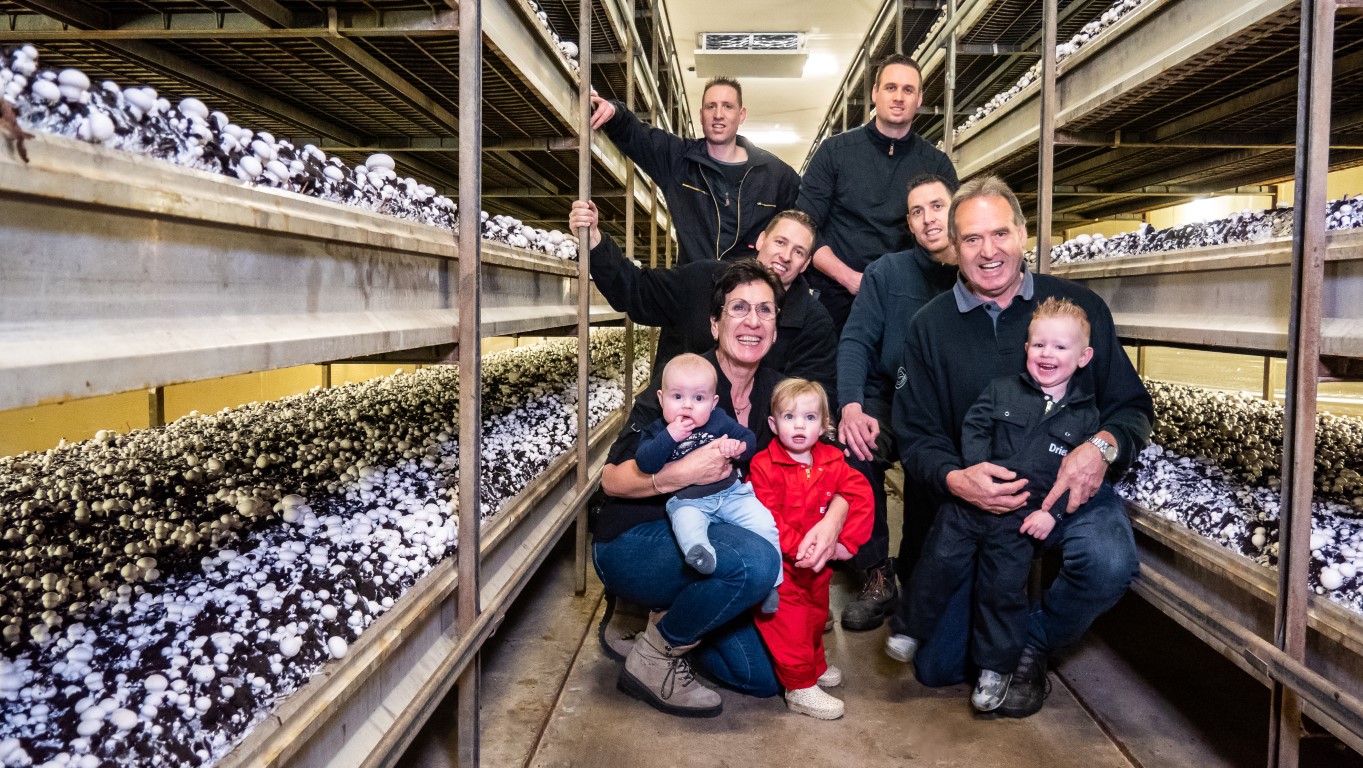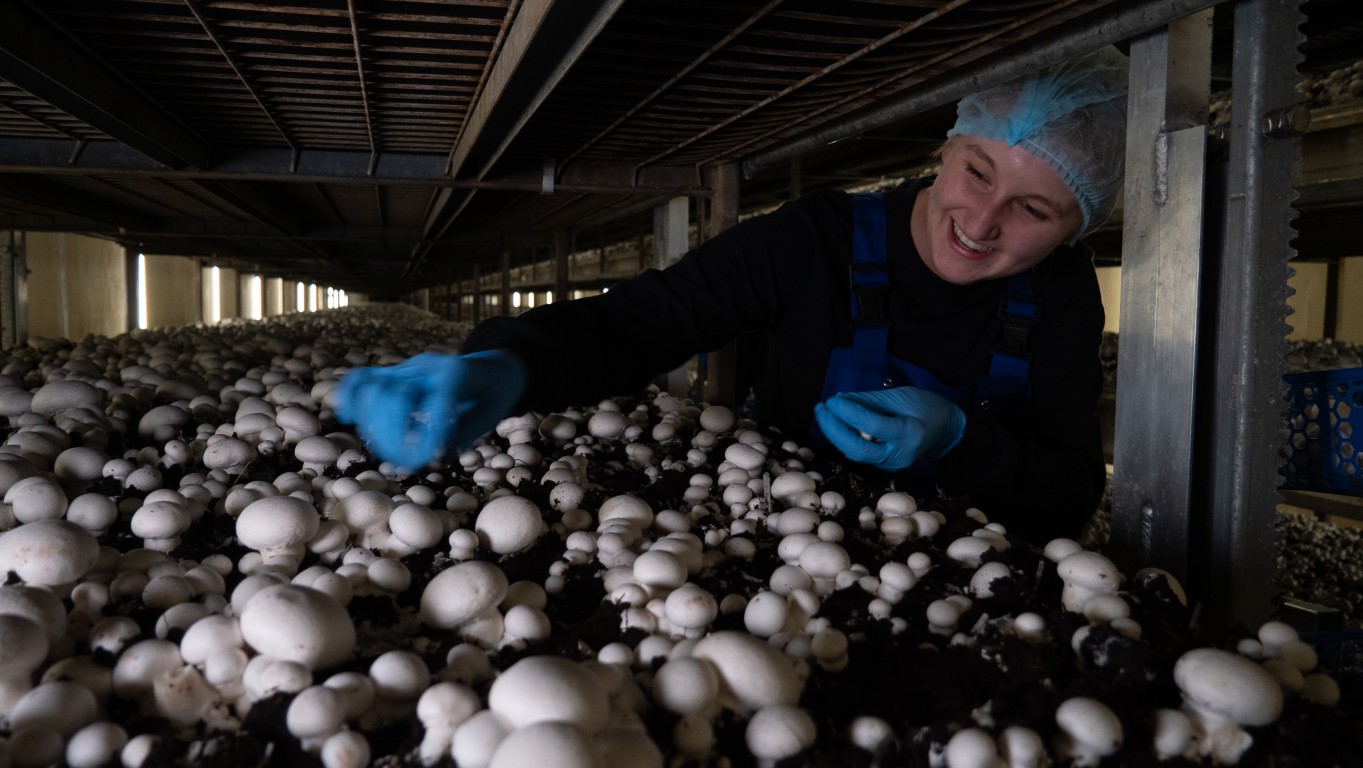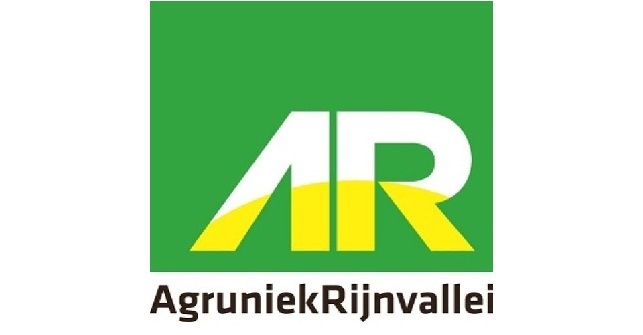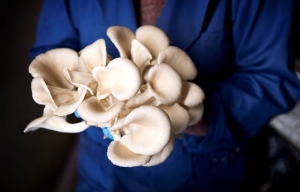Geurts Champignons Celebrates 40 Years of Craftsmanship: 'Our Strength Lies in the Family'
In Milheeze (Brabant, the Netherlands), family business Geurts Champignons is celebrating a special milestone this year: its 40th anniversary. The company is run by four brothers, each with their own role within the business. From a young age, they were surrounded by mushrooms. John Geurts, the third son, dreamed of becoming a farmer as a child and was already helping out in the nursery at an early age. That passion never faded—he is still at the company seven days a week.
We had the opportunity to visit Geurts Champignons and take a behind-the-scenes look at their operations. We saw how craftsmanship and innovation go hand in hand. With a strong focus on quality and sustainability, the family business continuously adapts to an ever-changing market.
A family business with a strong foundation
The history of Geurts Champignons was built by Willy and Maria. Willy was responsible for the cultivation process, while Maria handled administration. Although they have officially stepped back, they are still involved in the business. "Our father is here almost every day, but without any obligations. That's part of being a family business," says John Geurts. His mother still manages part of the administration, although a staff member now handles most of it.
The four brothers each have their own expertise: Ruud, the eldest, is closely involved with the production floor and has extensive experience in cultivation and cutting. Frank and John focus more on strategy, while Dennis, the youngest, is the technical expert. "Everyone does what they’re good at, and that has developed naturally," John explains.
The collaboration between the four brothers works well, partly because each has their own area of expertise. "We've had our fair share of discussions in the past about the direction of the company," John admits. "But because we have clear responsibilities, everything runs smoothly now. Each of us makes decisions within our own field, allowing us to work efficiently."
Beyond the family bond, another factor makes Geurts Champignons unique: everything happens on one site. This not only ensures quality control but also makes the company an attractive partner for retailers. “We built our own sales network by literally getting in the car and talking to customers. We are known for our reliability and quality.”
From export to a focus on the domestic Market
The mushroom industry has changed significantly over the years. While Geurts Champignons used to be heavily focused on export, the company has now shifted its attention to the domestic market. "Ten years ago, we were still heavily involved in the international market, but we saw that this was becoming increasingly challenging," John explains. "So we made a strategic decision to focus more on Dutch retailers and consumers. We deliver directly from the source, and it works."
This strategic shift has helped Geurts Champignons establish itself as a reliable, long-term partner within the Netherlands. "Supermarkets and other buyers are looking for suppliers who can guarantee stability and quality. With our 40 years of experience and full control over the cultivation and packaging process, we can offer that."
With 18 growing cells and room for expansion, Geurts Champignons maintains year-round production. In winter, this reaches around 80 tons per week, while in summer, it drops to 65 tons.
Sustainability and innovation as key priorities
To remain competitive in the future, Geurts Champignons is investing in sustainability and technology. "We don’t just want to grow; we want to work smarter and more efficiently," says Geurts. "We continuously look for ways to improve our cultivation and harvesting processes, save energy, and reduce our ecological footprint."
Geurts Champignons finances all its expansions independently. “We want to remain as financially healthy as possible,” says John. This means not only running a responsible business but also thinking ahead. “The industry is becoming more expensive, and innovation is essential to remain profitable.” This includes automation in harvesting and energy-saving measures in the growing cells.
One of the innovations the company is exploring is the use of automated harvesting techniques. However, Geurts remains critical of certain technological developments in the sector. "Many innovations sound great on paper, but in practice, they must add real value. We want to maintain flexibility and invest in technologies that truly pay off."
Social Media and visibility
In addition to technological innovation, online visibility is playing an increasingly important role.
Geurts Champignons has made significant investments in social media over the past few years to share its story and showcase its products. "We work with a company that helps us communicate our message effectively," Geurts explains. "At first, I was skeptical, but now I really see the value. Recognition and repetition help people remember us."
According to Geurts, a personal approach works best. "People respond most to posts where we share something personal, like old photos from the past or behind-the-scenes glimpses. That makes us, as a family business, authentic and approachable."
A Celebratory Milestone
While there are no major celebrations planned, Geurts Champignons does not want to let its 40th anniversary go unnoticed. "We definitely want to highlight this milestone because 40 years in this industry means you are reliable and know your craft," says Geurts proudly.
One of the ideas is to use drones to create a video showcasing the entire production process, from cultivation to transportation. "That would be a great way to show what we do and how we work," says Geurts.
With a strong foundation, a clear vision, and a passion for cultivation, Geurts Champignons continues to evolve. "For us, it’s all about running a healthy business and delivering quality. That’s what we remain fully committed to, now and in the future."
Despite the challenges in the sector, John remains optimistic about the future of mushrooms. “It remains a valued product. We always look ahead and think beyond. That’s what sets Dutch growers apart.”


With “Doubleganger and Zwam” sausage rolls, grower Mariëlle van Lieshout from Liessel in the Netherlands wants to encourage consumers to eat more oyster mushrooms. "There are many opportunities, but you have to see them and you have to be patient."
Van Lieshout from Liessel is a busy bee: she has her own oyster mushroom farm, develops innovative ideas for mushroom cultivation with Mobichamp and is a board member of the oyster mushroom association. For the latter, her main motivation is that she wants consumers to eat more oyster mushrooms. The association has a study club to learn from each other in the field of cultivation.
We are trying to develop new products, because only betting on the consumption of fresh oyster mushrooms is not enough. There are many opportunities, but you have to see them and you have to be patient.
RIJP
The entrepreneur has recently joined the RIJP platform developed by farmers, ZLTO and Geodan. The aim is that farm shops, caterers and retail can purchase a diverse package of regional products from farmers from the platform. Such a regional product is the “Doubleganger”, which Van Lieshout came up with together with regional product store 't Streeckhuys in Deurne the Netherlands. It is a hamburger in which half of the meat has been replaced by oyster mushrooms.
“With the Doubleganger belongs the slogan: the only male hamburger that your wife also wants to eat”
Mariëlle van Lieshout, Oyster Mushroom grower in Liessel in the Netherlands
The Doubleganger contains less fat, salt and calories and more fiber and taste than a regular hamburger and is a sustainable and healthy choice without consciously eating less meat," says Van Lieshout. 'We use the following slogan: the only male hamburger that your wife also wants to eat. That fits in nicely with that.
Wider range
All breeders who are members of the oyster mushroom association may market the Doubleganger. "We hope that we can reach a larger audience with a limited marketing budget," says the entrepreneur.
Van Lieshout also stood at the basis of the Zwam sausage roll, with a filling of half oyster mushrooms and half pork. 'An additional advantage is that you can store such products in the freezer for six months, while you can only sell oyster mushrooms fresh. With this, we hope to somewhat offset the peaks and troughs in sales in the future. "
Van Lieshout has also found a new destination for the stalk of oyster mushrooms, normally a residual product. The Eindhoven designer Doreen Westphal from Botanic Bites has been pioneering with tapas, saté and sausage from the stalk since 2016. In 2019 she came up with a variant on shoarma meat: Zwarma.
The grower also implements sustainability in other areas: the straw from the cultivation packages goes back on land as a soil improver and the nursery has 343 solar panels, good for a capacity of 100,000 watt-peak.
PlanetProof
The nursery is PlanetProof certified, but Van Lieshout is not interested in organic certification. 'The demand for organic oyster mushrooms is lower than the supply, so that makes little sense. But if that demand grows and I can get a biological substrate, I want to make the switch. " Most oyster mushrooms end up at retail companies in the Netherlands, Belgium and Germany and can be kept for around a week after purchase.
Companies sometimes offer the entrepreneur their coffee grounds to be processed into the substrate for oyster mushrooms. 'I want to think along with that, but then I also expect something in exchange , for example, that they will sell the Doubleganger or the Zwam sausage roll in their canteens. It must be beneficial for both parties. "
As a daughter of mushroom growers, Van Lieshout had a dream: the mushroom farm of the future. 'A mushroom can grow up to 4 percent per hour and therefore a picker has to make many decisions. With smart software I wanted to make harvesting easier and more automated. " It was not possible to get the financing for the own nursery, but the idea did not let her go.
Harvest guide
Together with two partners, Van Lieshout founded software company Advanced Mushroom Research in 2011. The Harvest Guide, developed by them, measures properties such as diameter, bulging of the hat and structure of the mushrooms above a growing bed. Colored lights on selected mushrooms then give picking advice to the picker.
At Koolen Champignons in Slootdorp there is a test setup of the Harvest Guide. With this the initiators hope to interest mushroom farms all over the world. 'The next step is robotization of the picking process. That is desperately needed, because it becomes more difficult to find and retain harvesting staff, "says Van Lieshout.






















